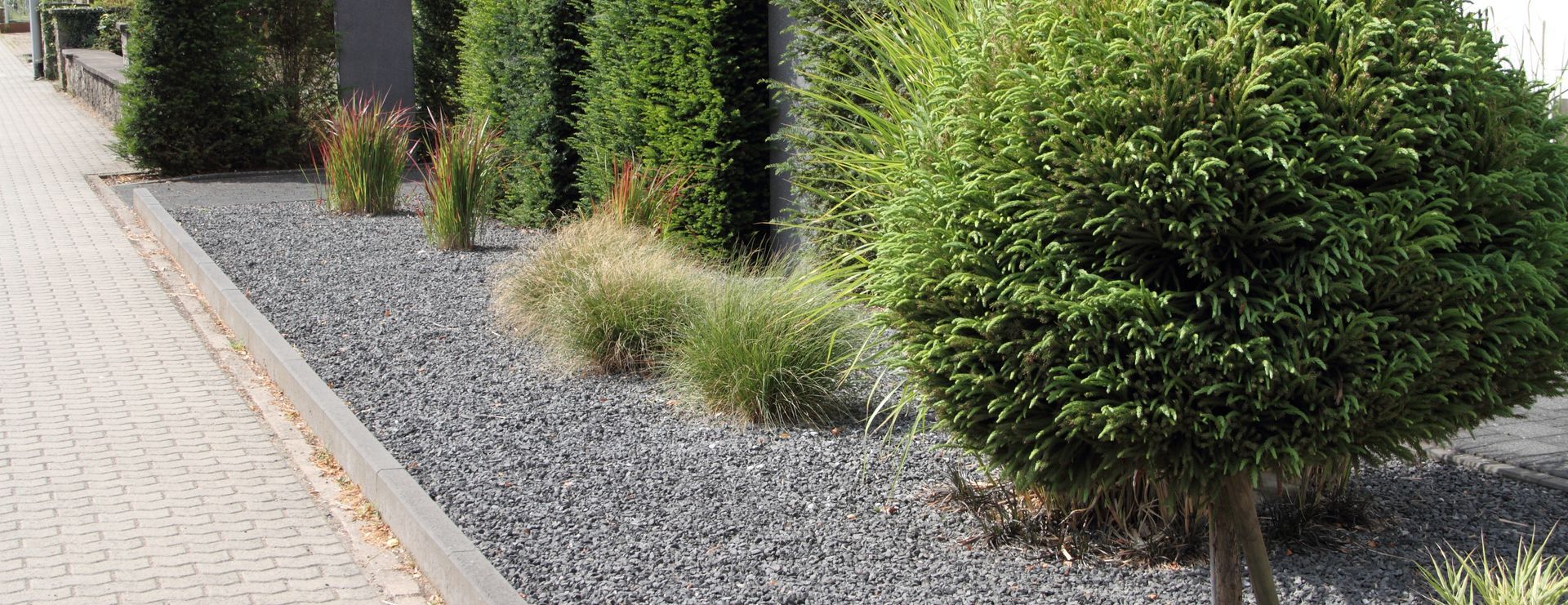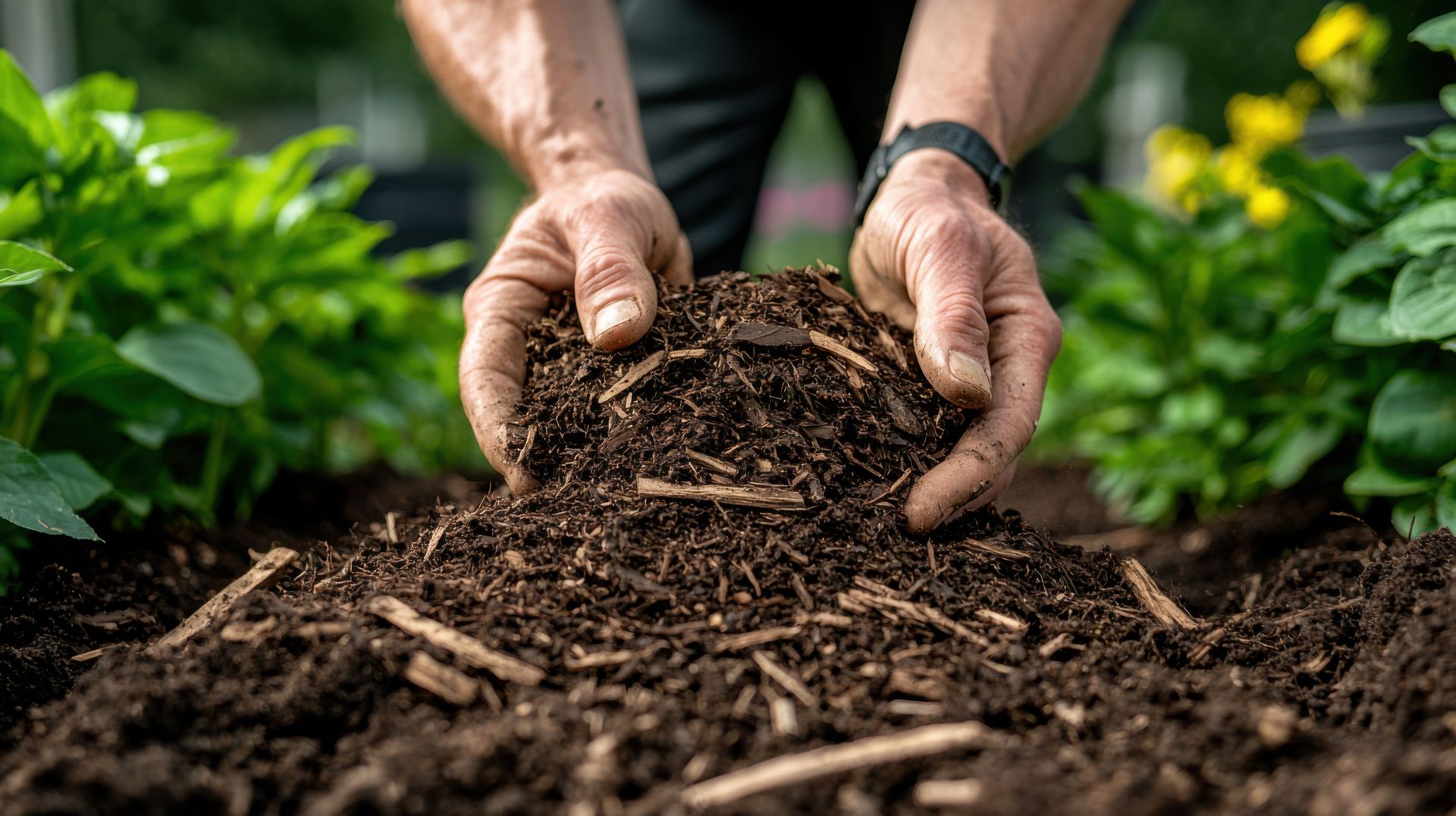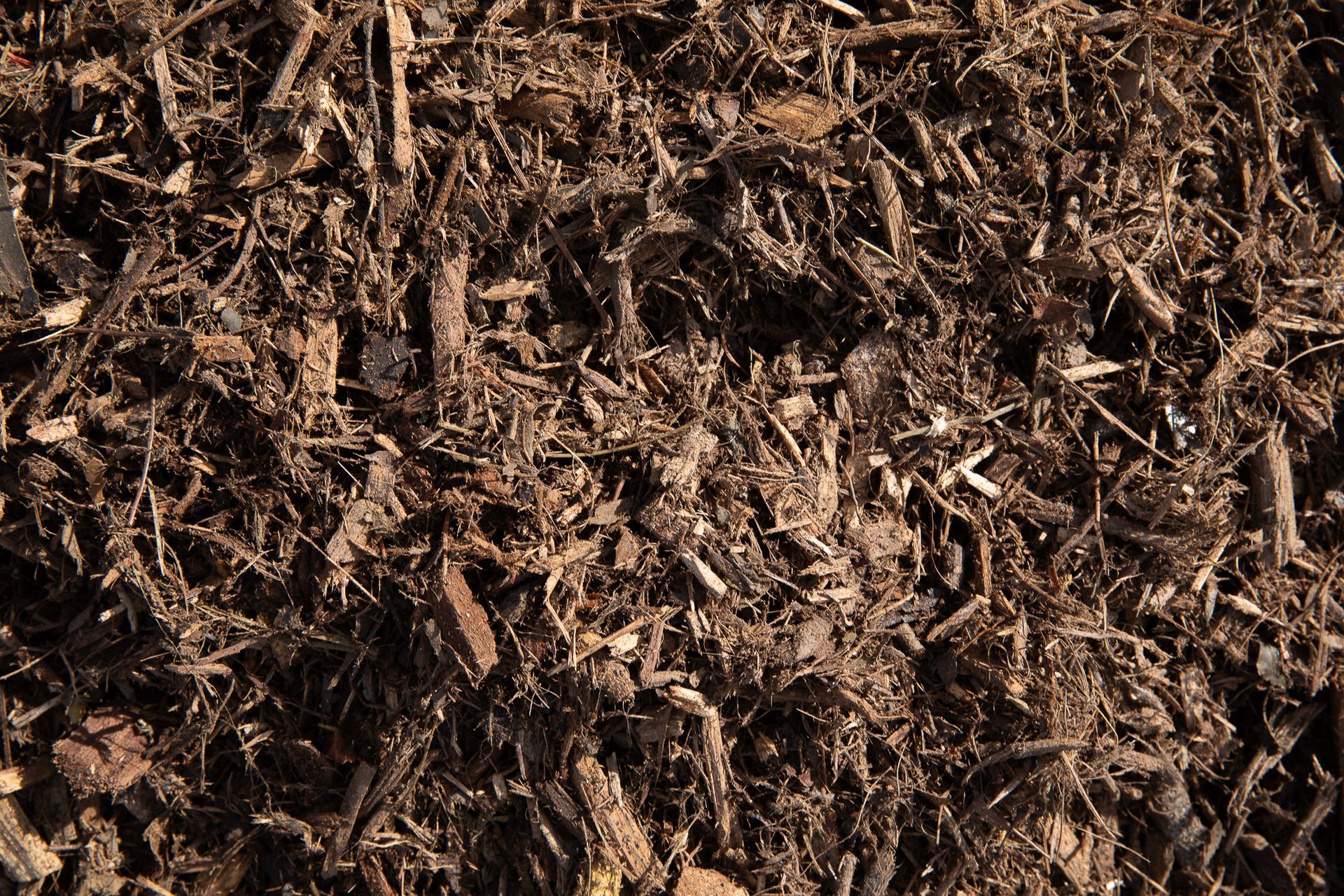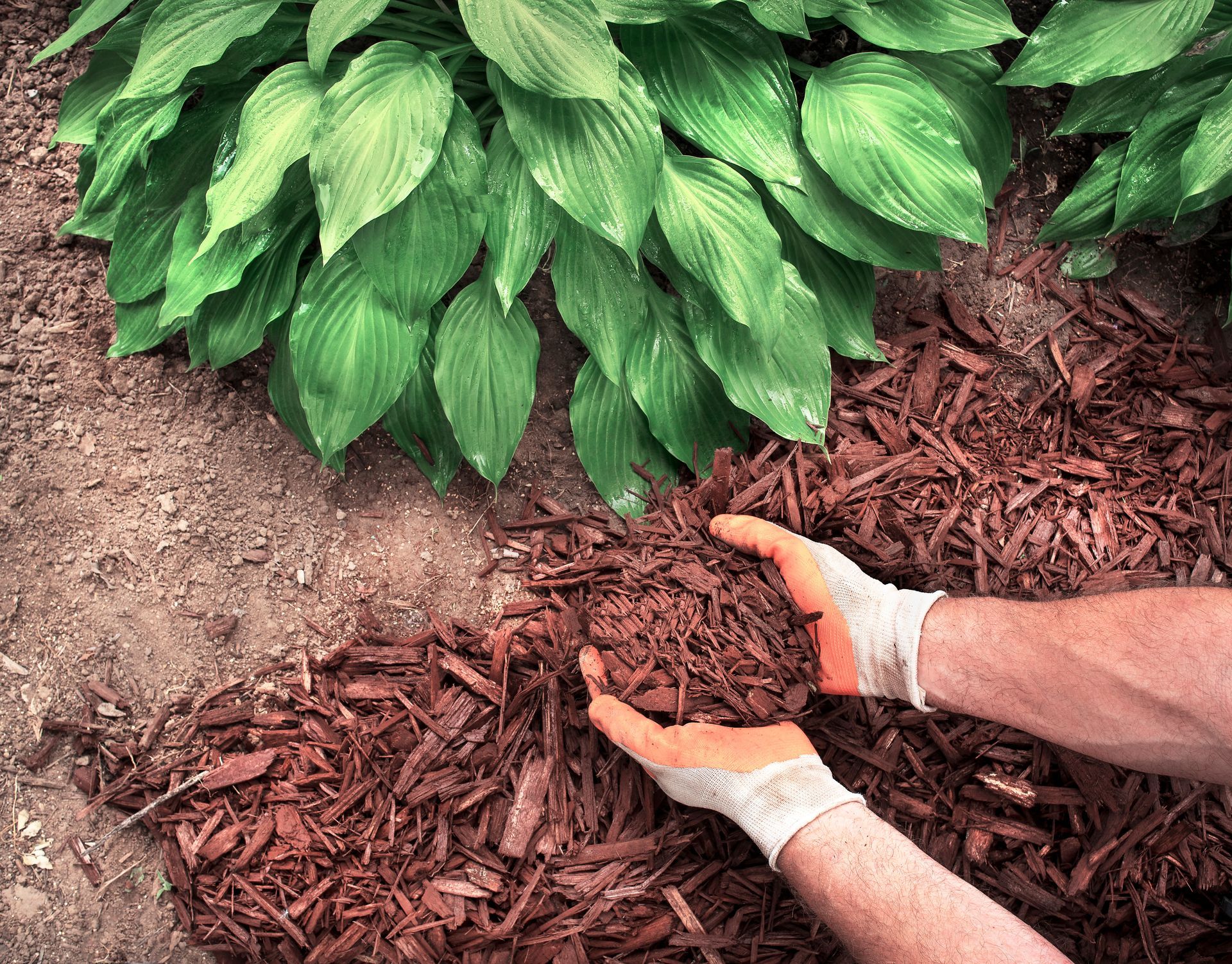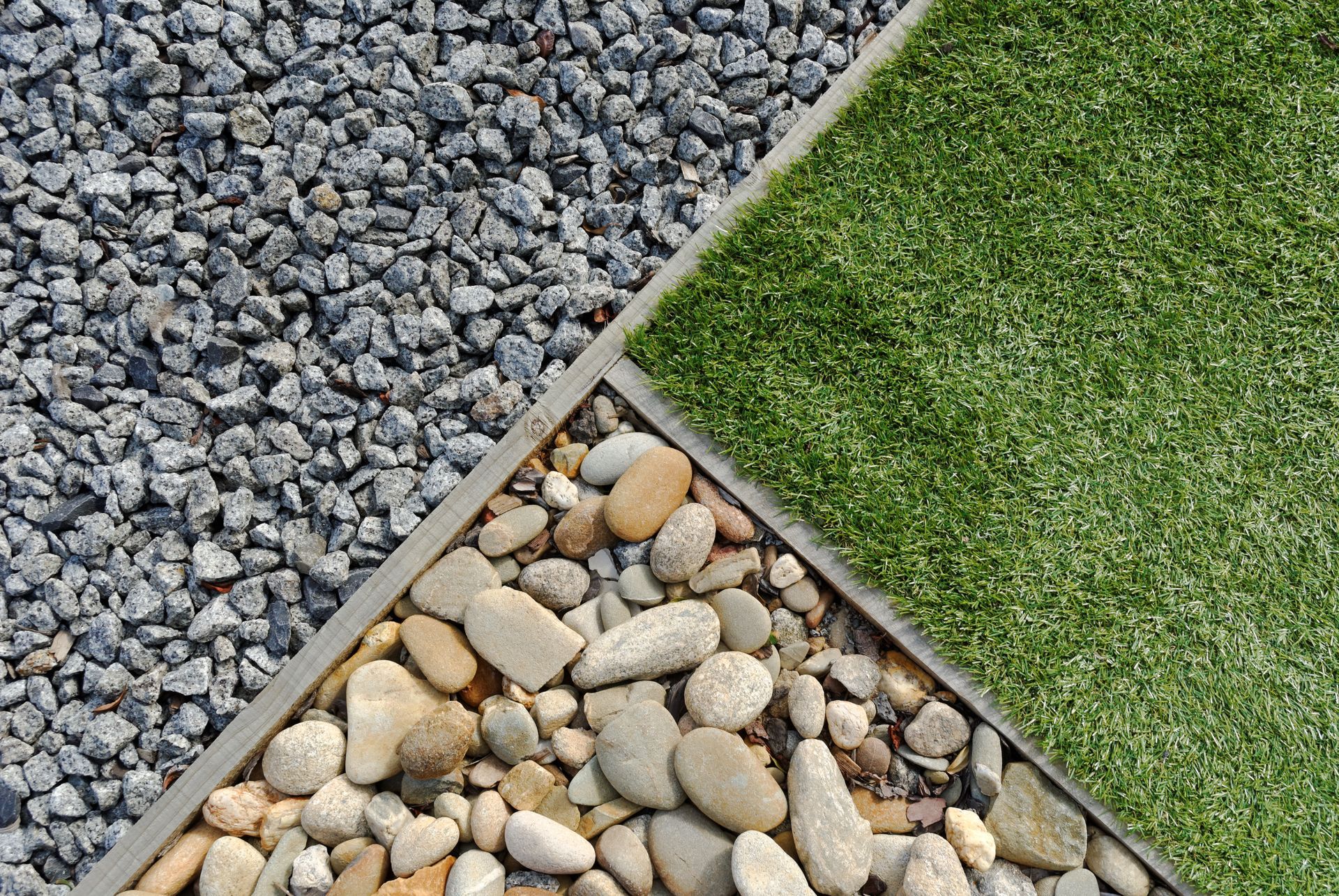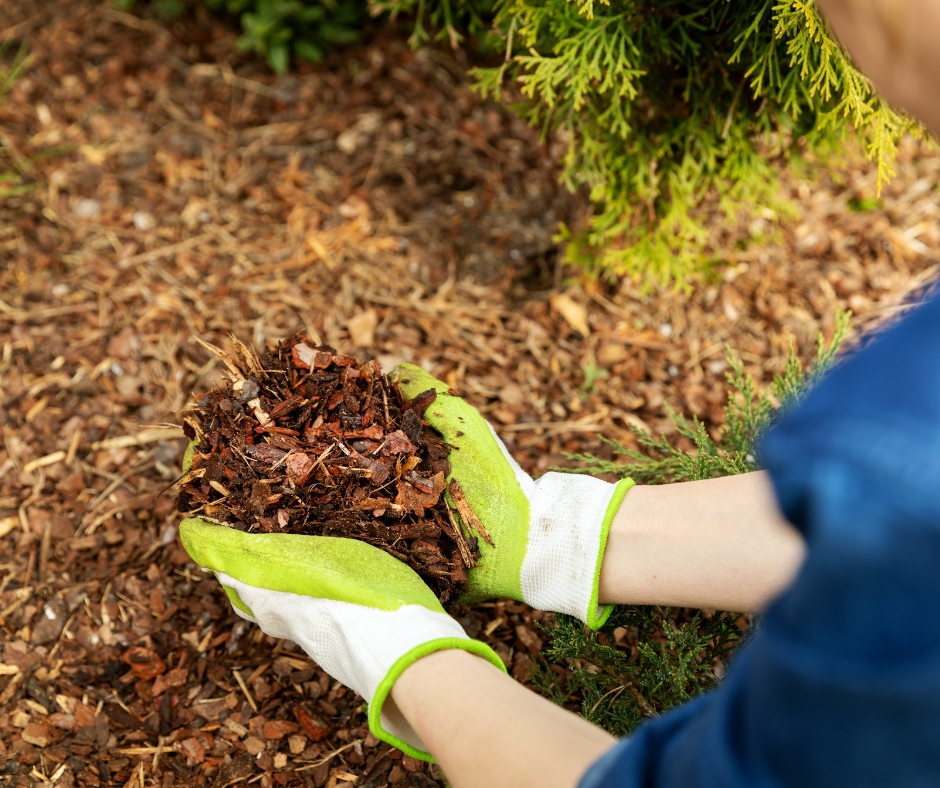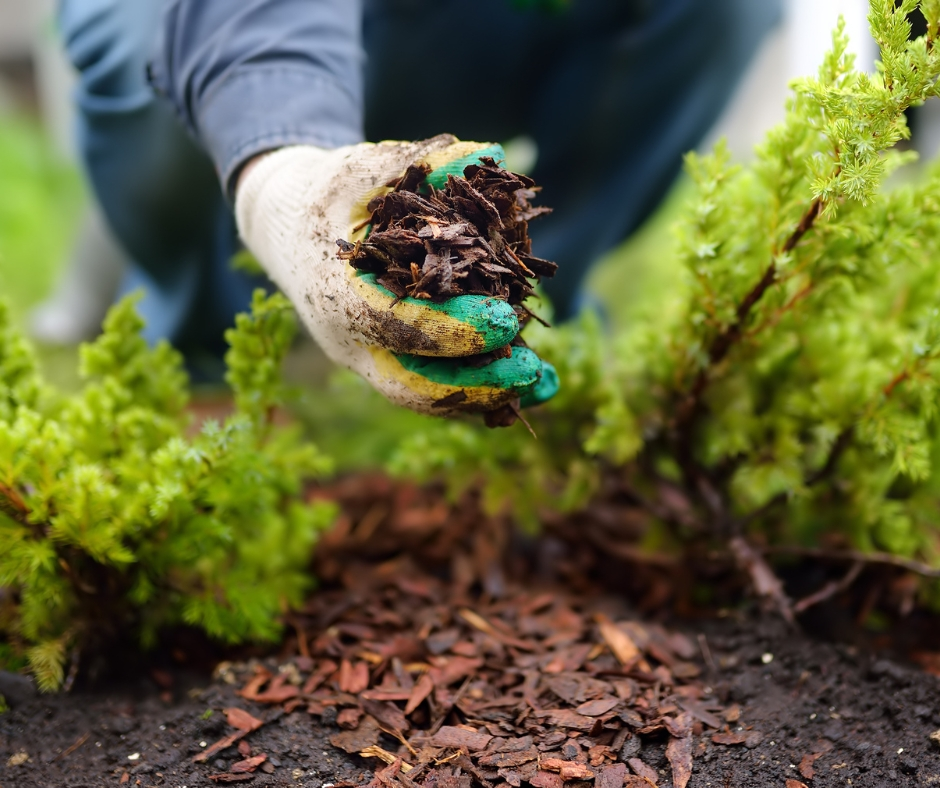Organic vs. Inorganic Mulch: Which Is Better?
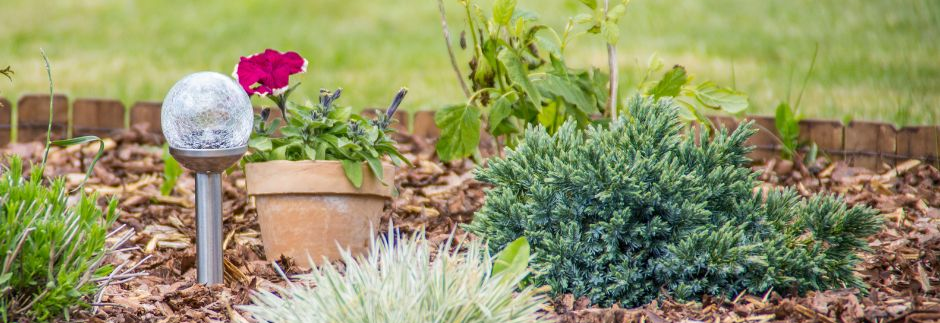
Mulch plays a crucial role in gardening and landscaping, offering numerous benefits such as moisture retention, weed suppression, and soil insulation. However, when it comes to selecting mulch for your garden, the choice between organic and inorganic options can be daunting. Each type has its own set of advantages and disadvantages, making the decision challenging for many gardeners. Let's delve deeper into the characteristics of organic and inorganic mulch to determine which might be the better choice for your gardening needs.
Organic Mulch:
Organic mulch is derived from natural materials such as wood chips, straw, leaves, or compost. These materials decompose over time, enriching the soil with nutrients and improving its structure. One of the primary benefits of organic mulch is its ability to enhance soil fertility, making it an excellent choice for organic gardening practices. Additionally, organic mulches contribute to the overall health of the soil ecosystem by encouraging beneficial microbial activity.
Pros of Organic Mulch:
- Nutrient-rich: Organic mulches gradually decompose, releasing essential nutrients into the soil, which promote plant growth and health.
- Soil improvement: As organic mulches break down, they improve soil structure, aeration, and drainage.
- Environmentally friendly: Organic mulches are biodegradable and support sustainable gardening practices.
Cons of Organic Mulch:
- Decomposition: Organic mulches require periodic replenishment as they decompose over time, necessitating more frequent application compared to inorganic mulches.
- Weed seeds: Some organic mulches, such as straw or hay, may contain weed seeds that can sprout and compete with desired plants.
Inorganic Mulch:
Inorganic mulch is made from synthetic materials like plastic, rubber, or landscape fabric. Unlike organic mulch, inorganic mulches do not decompose, offering long-lasting weed suppression and moisture retention benefits. While they may not contribute to soil fertility directly, inorganic mulches can be advantageous in certain gardening situations.
Pros of Inorganic Mulch:
- Longevity: Inorganic mulches do not decompose, providing longer-lasting weed control and moisture retention compared to organic mulches.
- Weed suppression: Inorganic mulches create a barrier that inhibits weed growth, reducing the need for frequent weeding.
- Low maintenance: Inorganic mulches typically require less maintenance, as they do not need to be replenished as frequently as organic mulches.
Cons of Inorganic Mulch:
- Soil health: Unlike organic mulches, inorganic mulches do not contribute to soil fertility or structure improvement.
- Environmental impact: Some inorganic mulches, particularly plastic mulches, can have negative environmental consequences if not properly disposed of or recycled.
Choosing between organic and inorganic mulch ultimately depends on your gardening preferences, objectives, and environmental considerations. While organic mulches offer soil-enriching benefits and support sustainable gardening practices, inorganic mulches provide long-lasting weed suppression and low maintenance. Consider the specific needs of your garden and weigh the pros and cons of each type to determine which mulch is better suited for your gardening endeavors.

